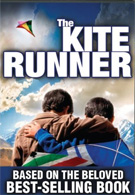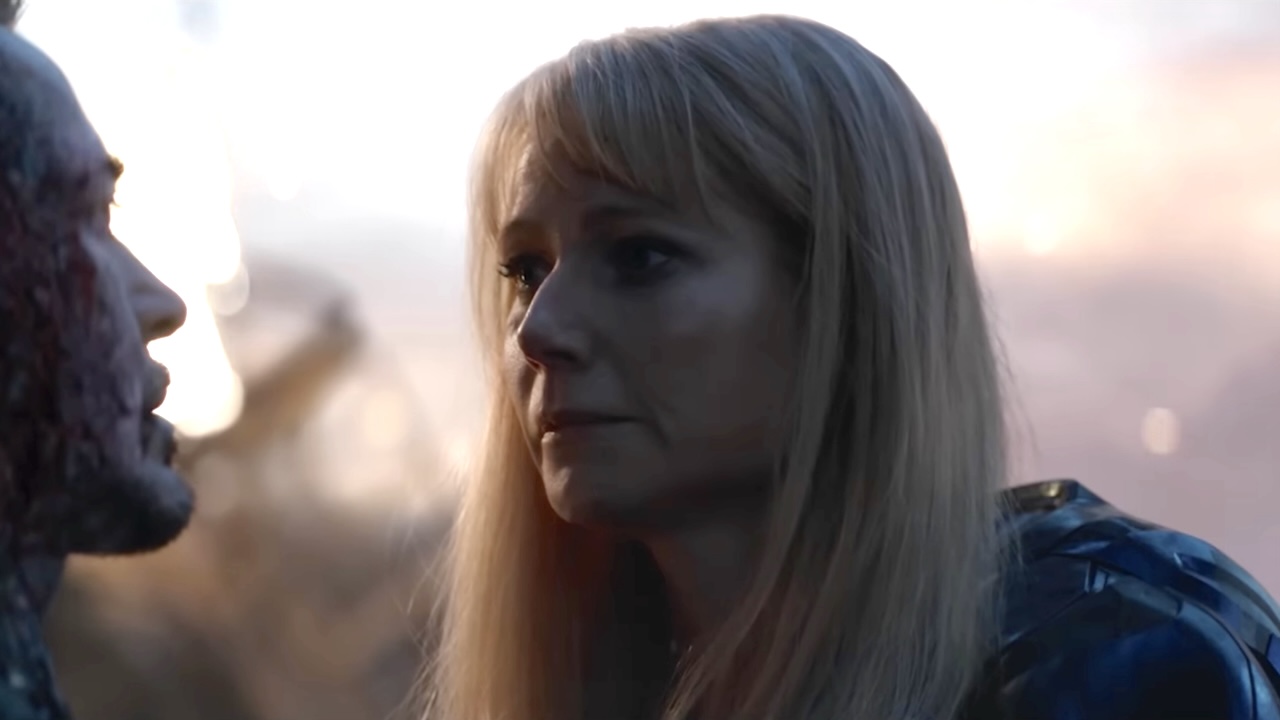I never read “The Kite Runner,” the best selling book by Khaled Hosseini about two young boys in his native Afghanistan and a shocking event that changes their lives. Therefore, I can’t compare the book to the film adaptation directed by Marc Forster (Stranger than Fiction, Neverland), but as the novel is often called “powerful” and “moving”, it’s clear something was lost in the transition. Novice Afghan actors Zekeria Ebrahimi and Ahmad Khan Mahmidzada play friends Amir and Hassan in 1978 Kabul. The young boys, who grew up together in the house owned by Amir’s father Baba (Homayoun Ershadi), where Hassan’s father is a servant, are polar opposites. Amir, an aspiring writer, is wealthy, educated, sensitive, and cowardly while Hassan is poor, illiterate, intuitive, and stands up for Amir in all situations. Hassan is also part of the downcast ethnic minority and viewed as dirt by Amir’s contemporaries, including the bully Assef (Elham Ehsas).
Following a battle involving kites, Hassan is bullied and violated by Assef and his cronies while Amir hides and watches, too scared to help his friend. Amir is unable to deal with his shame and ends up driving Hassan and his father away so he will not see the visible presence of his failure.
These early scenes, which cover about the first 40-50 minutes of the two hour plus film, are the beginnings of what could have been an amazing movie. The two young actors, found in a school in Kabul and working on their first film, are outstanding at projecting first friendship and then division following Amir’s cowardice. Amir’s father, Baba (Homayoun Ershadi), who has disdain for both the communists and the religious extremists is disappointed in his son’s ability to stand up for himself, but still show’s unconditional love and pride. Forster and screenwriter David Benioff (Troy) present Kabul as a thriving cosmopolitan community and give Western audiences a look at a location they recently only see as a place of war and extremism.
The problem in this film begins when Baba and Amir are forced to flee Afghanistan following the Russian invasion and settle in Northern California. A successful businessman prior to the invasion, Baba works at a gas station and Amir (played as an adult by United 93’s Khalid Abdalla) graduates from community college and begins writing. He meets fellow Afghan refugee, Soraya (Atossa Leoni), and they, well, don’t do a lot. All of the humanity and interest built up in Kabul is lost as Amir looks forlorn and vaguely guilty while we see some of the life of the 1980’s Afghan communities in the United States. It’s not enough.
Things get more interesting but also a lot sillier in the finale. Amir goes back to Kabul to try to make things right for not helping Hassan those many years ago and ends up in a series of unbelievable coincidences and unlikely situations. The main point of this ending part seems to be to allow the audience to see how horrible the Taliban are (or were.) Unfortunately, while it is difficult to fathom the degradation that Afghanistan underwent under the twin dictatorships of the Soviets and the Taliban, it’s hard to care much about Amir and his redemption. It just doesn’t matter much if he reconciles himself to his actions that fateful day.
Cutting out the whole middle section would have gone a long way to making The Kite Runner a touching and ultimately uplifting film. There is a lot of joy and beauty at work in the beginning, along with realistic looking streets in the Chinese stand-in for Kabul. Instead, it gets mired in the details and loses the audience along the way. The Kite Runner disc doesn’t try to do too much; in some ways acknowledging that, despite it’s strong literary forbearer, it has somewhat limited appeal as a DVD. It does present a beautiful enhanced picture that shows off the scenery, excellent when the action is in what is supposed to be Afghanistan (actually China.) It also provides subtitles, although a good portion of the movie takes place in Dari with English subtitles anyway.
Director Marc Forster, writer David Benioff, and author Khaled Hosseini provide a commentary. Since the commentary is not limited to the filmmaker, there is more information about the book, the culture, the differences in adaptation then you might otherwise get. It’s nice for those who are very into either Afghan culture or the book.
Your Daily Blend of Entertainment News
The remaining extras amount to two featurettes. The longer one is called “Images from The Kite Runner, although that’s a bit of misnomer. It’s really the standard making-of featurette you typically see. Most interesting is how the two young boys were cast to play Amir and Hassan. There is also a lot of discussion about shooting most of the film with the actors speaking Dari with subtitles and not English. Although it seems pretty natural after seeing the movie, according to the producers, it was a very close call. Director Forster was adamant about having it shot in the native language. This is the type of behind-the-scenes stuff that is too often missing from these puff pieces.
The other featurette is shorter, about 15 minutes, but slightly more interesting. Called “Words from The Kite Runner, it focuses mostly on Hosseini, the book, and the adaptation of the book to a screenplay. Hosseini talks about how he decided to write the book and also provides some insight into the metaphors in such scenes as Hassan being brutalized. Not as well discussed is the specific changes between the book and the movie and why things were dropped or changed. It’s discussed in a very general way by both Hosseini and Benioff, but nothing concrete is mentioned.
The only other items provided are a trailer and a PSA from Hosseini that encourages you to contribute to charities helping Afghanistan. This doesn’t blow your socks off, but it is adequate and will be enough for the fans of the movie or those who loved the book and will take a chance on the DVD.

